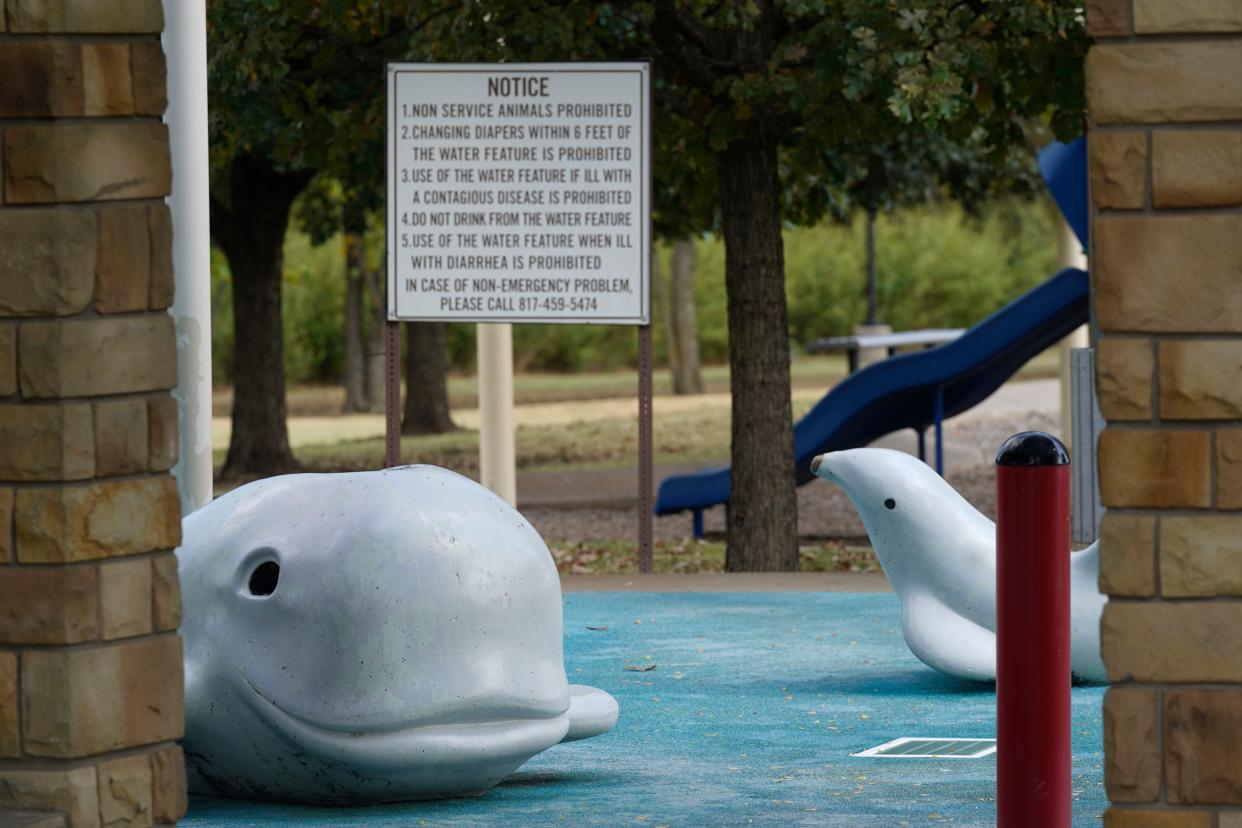Boy killed by brain-eating amoeba after Texas water park visit
A boy was killed by a brain-eating amoeba after visiting a Texas water park, officials said.
The boy, whose name and age were not released, visited a splash pad at a park in Arlington, a town between Dallas and Fort Worth, in August and earlier this month and became ill.
Officials in Arlington said the city and Tarrant County Public Health were notified on Sept. 5 that a child had been hospitalized with primary amebic meningoencephalitis, a rare and often fatal infection caused by the Naegleria fowleri amoeba. He died at a hospital on Sept. 11.

Officials began investigating the infection and closed all the public splash pads in the city through at least the end of the year. The Centers for Disease Control and Prevention confirmed the presence of the amoeba at Don Misenhimer Park from the splash pad the boy visited on Friday.
A review “identified gaps in our daily inspection program,” deputy city manager Lemuel Randolph said. “Those gaps resulted in us not meeting our maintenance standards at our splash pads.”
“To know that there is a role that the city may have played in that is highly disturbing,” Randolph added.
According to records, Parks and Recreation workers didn’t consistently record, or in some cases outright did not conduct, required water quality testing everyday at two of the city’s splash pads, including the one where the boy likely was infected. Records show the water was not tested or the results weren’t documented on two of the three days the boy visited the splash pad in August and September.
The CDC says Naegleria fowleri infections are rare, with just 34 reported in the U.S. from 2010 to 2019, with 30 occurring after trips to water parks. People are infected when water containing the amoeba enters the body through the nose, usually when people go swimming or diving in lakes and rivers. Symptoms of the resulting infection, include fever, headaches, stiff neck, seizures, hallucinations and death.
With News Wire Services
